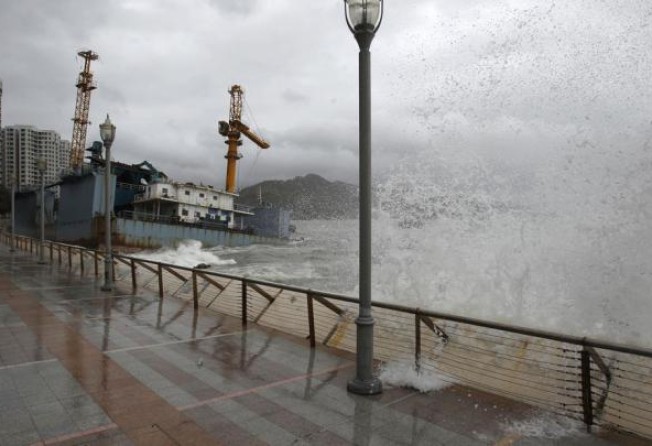Hong Kong Observatory looks at plan to express uncertainty of weather by using probabilities in forecasts

Predicting the weather is an imperfect science, especially with Hong Kong's climate, and the Observatory is looking at a plan to express that uncertainty by using probabilities in its forecasts.
Shun Chi-ming, director of the Observatory, said yesterday that the plan would depend on whether the public finds it easier or even more confusing to understand weather predictions given as percentages.
"If we say there is a 30 per cent chance of rain tomorrow, will the public understand what that means?" he said.
The use of such probabilities is one of the ways listed by the World Meteorological Organisation in a guideline on communicating the idea of uncertainty to the public.
The WMO says using probabilities helps give the public realistic expectations of forecasts, and warns them not to think that predictions are always correct.
It would also help meteorologists communicate the range of uncertainty in a more open and honest manner, giving the public a more realistic understanding of the accuracy of the service.
Shen said Beijing once used probabilities in forecasts, but dropped them because they were not well received. The method is used in Britain and Japan.
The Observatory provides such forecasts to the aviation and navigation industries, which need them to conduct risk calculation for their operations.
Apart from probabilities, the Observatory might suggest uncertainty in its weather charts, indicating several possible tracks for a tropical storm instead of just one, as it does now.
There was no timetable for implementing the new approach, Shun said.
Before adopting it, the Observatory would first step up education about understanding forecast information.
Cheng Cho-ming, assistant director of the Observatory, said it was difficult to make forecasts for Hong Kong beyond the current seven-day framework because the city's subtropical weather was more fickle than that in temperate countries.
In Britain, for example, 15-day forecasts are possible.
"It's easier to predict in a temperate climate, which is mostly influenced by cold and warm fronts. But Hong Kong's weather is often affected by thunderstorms, which can develop and strike very suddenly," Cheng said.